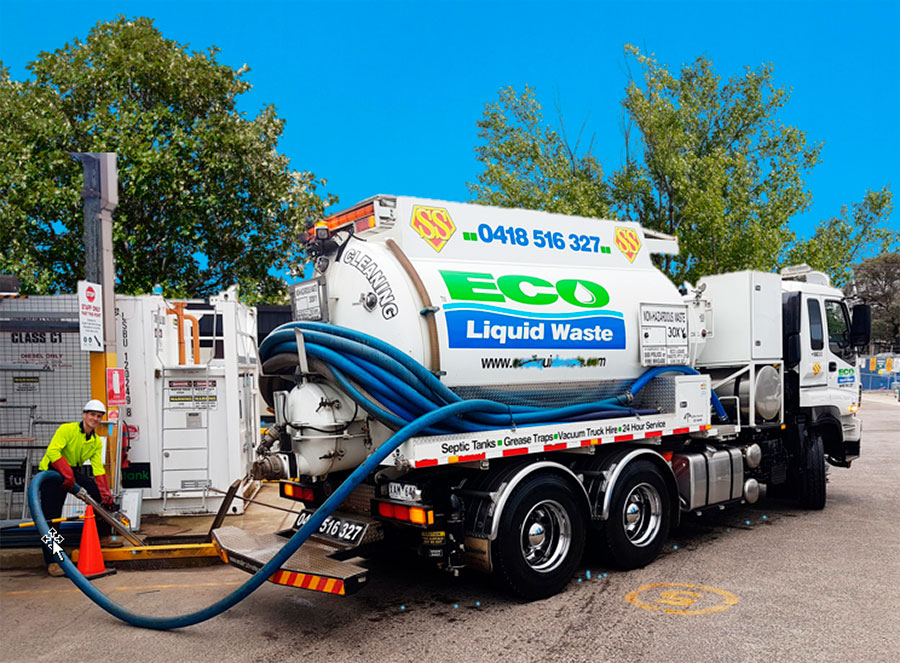Reclaim Waste - The Facts
Table of ContentsThe 6-Second Trick For Reclaim WasteThe 4-Minute Rule for Reclaim WasteThe Best Strategy To Use For Reclaim WasteReclaim Waste for BeginnersThe Single Strategy To Use For Reclaim Waste
Residential sewer waste refers to the waste and products from a residential septic storage tank. The appropriate management and disposal of residential sewer waste call for fluid waste to be transferred to a sewer treatment plant where the correct methods and tools are used to cleanse and dispose of waste.
Commercial waste frequently includes possible hazards, such as flammable products or a combination of liquid and strong waste items, and requires an extra advanced and in-depth disposal procedure. The disposal of commercial waste normally entails the filtration of waste prior to transportation to ensure risk-free and proper disposal. Hazardous waste is developed from by-products and runoff of commercial procedures and manufacturing.
This sort of waste can not use the exact same sewer monitoring transportation or processes as septic or industrial liquids. The hazardous waste monitoring process needs the examination and screening of liquid waste before it undertakes the disposal procedure (liquid waste removal). Overflow waste is the liquid waste that comes from drainage and excess stormwater in extremely booming areas or cities
Overflow waste can create contamination and flooding otherwise dealt with effectively. Discover more about sewage system cleaning and waste management. Guaranteeing proper waste monitoring can stop catastrophes and lower ecological damage. Both people in property settings and specialists in commercial or production markets can benefit from comprehending the processes and regulations of fluid waste monitoring.
Getting My Reclaim Waste To Work
Contact PROS Solutions today to discover about our waste management and disposal solutions and the proper means to look after the fluid waste you produce.
(https://allmyfaves.com/reclaimwaste1?tab=Reclaim%20Waste)This supposed 'wastewater' is not just an essential resource however, after therapy, will be released to our land, waterways or the ocean. Used water from bathrooms, showers, baths, kitchen sinks, washings and commercial processes is recognized as wastewater.

water used to cool equipment or tidy plant and tools). Stormwater, a kind of wastewater, is runoff that moves from farming and urban locations such as roofings, parks, gardens, roadways, courses and rain gutters into stormwater drains pipes, after rain. Stormwater flows unattended straight to local creeks or rivers, at some point reaching the sea.
How Reclaim Waste can Save You Time, Stress, and Money.
In Queensland, many wastewater is treated at sewage treatment plants. Wastewater is transported from domestic or commercial websites via a system of sewage systems and pump stations, called sewage reticulation, to a sewer therapy plant. Neighborhood governments develop, keep and run most sewer treatment plants. Operators are licensed under the Environmental Management Act 1994 to release treated wastewater at an acceptable environmental criterion into rivers.
The Department of Natural Resources advises local federal governments concerning handling, operating and preserving sewerage systems and therapy plants. In unsewered locations, city governments might call for householders to set up individual or household sewer therapy systems to treat residential wastewater from bathrooms, kitchen areas, shower rooms and laundries. The Division of Natural Resources authorises the use of household systems when they are confirmed to be reliable.
In some brand-new subdivisions, therapy of some stormwater to remove clutter, sand and gravel has actually begun making use of gross pollutant catches. Wastewater treatment takes place in four phases: Removes strong matter.
Utilizes little living organisms recognizes as micro-organisms to damage down and remove continuing to be dissolved wastes and fine bits. Micro-organisms and wastes are integrated in the sludge.
Some Ideas on Reclaim Waste You Should Know
Nutrient elimination is not readily available at all sewer therapy plants since it needs expensive specialist equipment. you can look here Clear liquid effluent generated after therapy may still include disease-causing micro-organisms - liquid waste removal.

This generally suggests wastewater needs to be dealt with or pollutants eliminated before it can be released to waterways. The majority of wastewater flows into the sewerage system. Under the Act, city governments provide approvals and permits for ecologically relevant tasks (ERAs) entailing wastewater launches that might have a neighborhood effect. The department carries out approvals and licences to Periods including wastewater releases that might have a regional or statewide impact.
Unknown Facts About Reclaim Waste
Surveillance gives factual details about water quality and can confirm that licence conditions are being satisfied. The info acquired with tracking gives the basis for making water quality decisions.